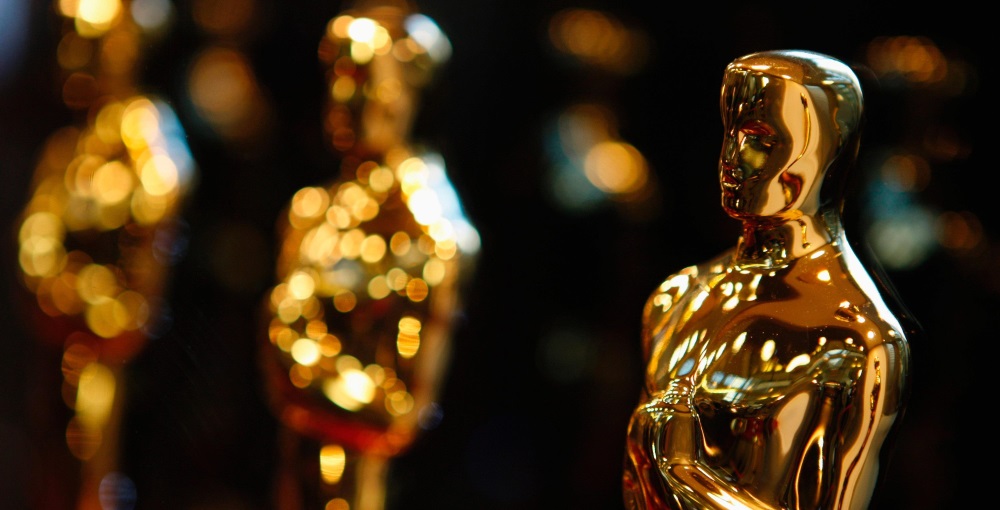- Posted on : October 13, 2015
- Posted by : Tom Fletcher
There aren’t many films about diplomats and diplomacy. Diplomats don’t make great heroes, though Lawrence of Arabia (1962) is the exception that proves the rule.
In fact they often get in the way of the hero – Hotel Rwanda (2004), Syriana (2005), The Interpreter (2005), The Constant Gardener (2011). Argo (2012) had diplomats who did both, though Brits close to the action at the time of the Iran Uprisings have fiercely contested Ben Affleck’s version. Otherwise, diplomats tend to stumble onto the screen as hapless, mendacious or drunk: https://nakeddiplomat.wordpress.com/2014/10/05/stubborn-stereotypes/. Rowan Atkinson plays them well.
There are of course plenty of fantastic spy films. But they don’t count for these purposes – even if spies sometimes pass themselves off as diplomats; and diplomats quite like it when they’re mistaken for spies.
So diplomacy and film make strange partners. Or so I worried as I moderated a panel this week with four of the Middle East’s most talismanic film makers – Nadine Labaki, Jehane Noujaim, Khaled Mouzanar and Karim Amer. All are exploring the boundaries between art and politics. They are also challenging cultural norms – in both couples, it is the wife who directs. You can see more on Jehane and Karim’s work here: http://thesquarefilm.com/. And Nadine and Khaled’s work here: http://youtu.be/-Te9c2jReOg. This is powerful film making that changes society more than any diplomatic communique.
In our discussion (which I think will pop up on YouTube shortly), we explored the extent to which the frustrations of the Middle East can both stifle and drive creativity. How the politics often follows the story, rather than the other way round. How freedom of expression creates vital space for debate, while restrictions on it leave that space to extremists. I’ve written elsewhere on this blog on the power that lies at the crossover between disciplines – talking to these four exceptional talents convinced me that we need more political films in the region; though not necessarily more films by diplomats.
Or maybe that’s wrong. An increasing proportion of diplomacy is about effective mass communication. And we know that mass communication is increasingly shaped by visuals. Look at the way ISIL make horror films. Or the way that one image, of Aylan Kurdi on a Turkish beach, shifted the European debate on migration from hostility to compassion. Or how Richard Curtis was able to get people outside the humanitarian world excited about the Sustainable Development Goals. In a much smaller way, the YouTube video of my farewell walk through Lebanon got over 100 times the attention of the more formal goodbyes.
Diplomats will never win any Oscars for their film making. But they need to better understand how film, like other art, can drive change. And how the lines are blurring between producer and consumer. The smartphone makes anyone a film maker. It also makes anyone a diplomat.
PS, the panel (in Abu Dhabi) was part of the first meeting of the new Beirut Institute, an independent think tank set up by the formidable Raghida Dergham. Many people ask when Beirut could regain its status as the place to take the temperature of the Arab world. The Beirut Institute could become part of the answer.
PPS, I’m looking forward to David Holbrooke’s film (out in November) on his father – legendary US diplomat, Richard. Maybe TE Lawrence will get some company at last.
0 Comments

